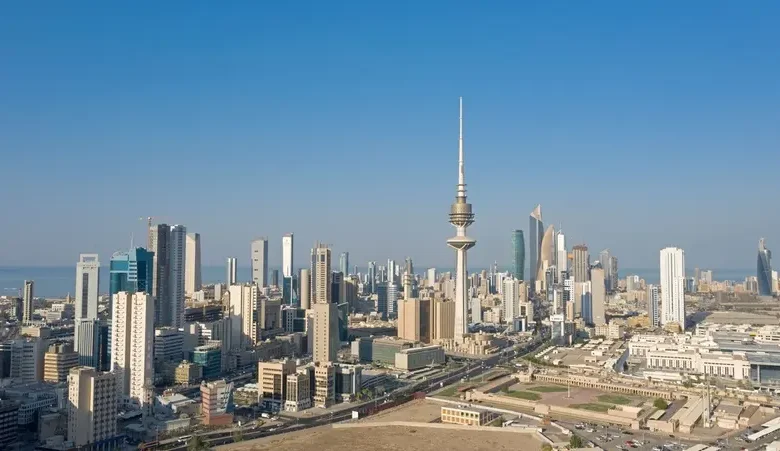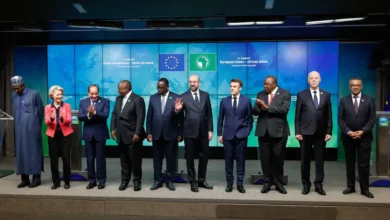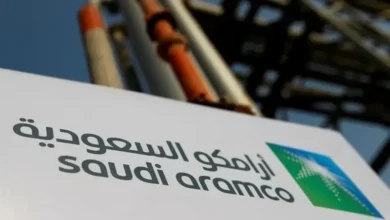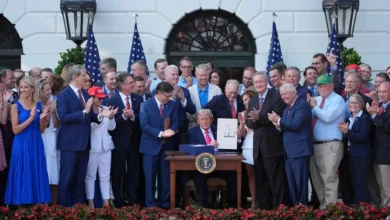Kuwait finance minister sees boost in projects, diversification with parliament suspension

Kuwait’s acting finance minister said that the temporary suspension of parliament will help the government boost its flexibility in decision-making and carry out infrastructure projects as part of efforts to diversify the economy and implement structural reforms.
Kuwait’s non-oil sector grew “slightly,” by 3.6 percent, in 2024, Acting Minister of Finance Subaih Al-Mukhaizeem said in his latest economic report, but is expected to see stronger growth amid what he described as “fiscal consolidation.”
Kuwait has endured two decades of recurring political crises marked by persistent clashes between appointed governments and directly elected parliaments, stalling economic reforms and delaying much-needed development projects.
Emir Sheikh Meshal Al-Ahmad Al-Sabah dissolved parliament in May for up to four years “to review the democratic experience,” with its powers assumed by the Emir and cabinet.
The government is counting on the Global Minimum Corporate Tax, which came into force in Kuwait on January 1, along with a new policy of repricing fees for public services, to help strengthen growth in the non-oil sector. Al-Mukhaizeem described this tax as a “strategic step.”
Oil revenues reached 19.36 billion dinars ($63.4 billion), making up 87.8 percent of actual revenues in the 2024/2025 fiscal year ending March 31, while the budget posted a deficit of 1.06 billion dinars.
“The Kuwaiti economy still relies mainly on the oil sector,” which accounted for 43.4 percent of GDP in 2024, while the non-oil sector made up 56.6 percent, Al-Mukhaizeem said.










